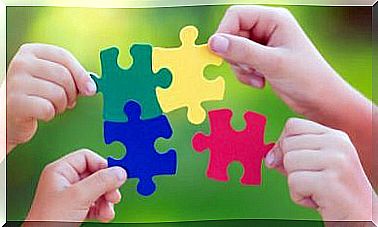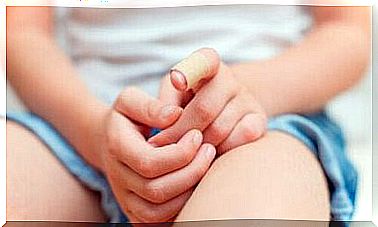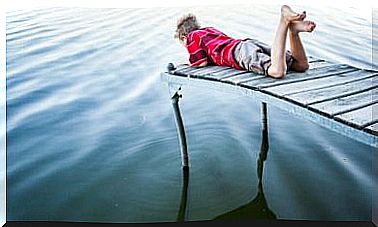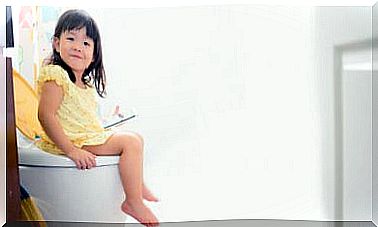What Are The Risks Of Permissive Education?

Currently, one of the greatest dilemmas facing parents is the education of children at home. Uncertainty about what is needed and what is expendable often confuses them. In this sense, parents ask themselves, mainly, if permissive education is healthy.
What is clear is that they always try to choose the most beneficial alternative for children. So parents try to maintain a good balance between rigidity and flexibility.
However, although it may not seem like it, it is not necessary to fall into permissiveness to be able to be accomplices of our children and maintain a close and positive family atmosphere.
Where is the limit?
To be good parents, we must avoid, at all costs, falling into extremes. The more moderate we are, the easier it will be to make decisions each day.
We must remember that there are healthy ways to be steadfast in love to teach a value or promote a good habit of life. What is harmful is applying rigidity without justification, for everything and for everything.

In addition to moderation, it is also necessary to try to learn from mistakes and cultivate the positives whenever possible.
Furthermore, once children are old enough to do so, it is appropriate to promote dialogue and thus create a teamwork environment that inspires all parties. It is convenient to use the language to guide with affection.
permissive education
A permissive upbringing is based on the idea that we have to intervene as little as possible in our children’s lives. The premise of this idea is that the child has the authority to decide what to do, how and when, without being guided or corrected. In this sense, there is confidence in the criteria themselves.
Some parents tend to think that permissiveness is the ideal method for educating children, since not imposing limits or rules on the child means that the child has no reason to tantrum or be rebellious. Furthermore, it is expected that this method provides greater proximity between parents and children.
However, practice shows that children who grow up without limits or impositions are not exactly the most balanced. In fact, they are the ones that generally have the most needs, both in the educational and emotional fields.
Unfortunately, permissiveness gives rise to a certain kind of abandonment, lack of attention and guidance that harms children to a great extent.
Risks of a permissive education
In general, children who grow up with an overly permissive upbringing tend to be immature, intransigent, reckless, irresponsible, defiant, transgressive, and with a marked tendency toward selfishness. This personality type carries the following risks:
- Disdain for the norm, effort and values.
- Detachment from the family nucleus.
- Inability to establish healthy bonds within and outside the family nucleus.
- Bad perception of reality.

The best option
As mentioned above, it’s not about everything being black or white, rigid or flexible, but knowing how to find a compromise. There will be times when it’s necessary to be a little more authoritative and there will be times when it’s possible to be more permissive.
An education with healthy boundaries is essential for children to grow up healthy and prepare properly for adulthood.
Limits allow us to deal with frustration, control emotions, and make an effort to reach goals. In other words, the lack of limits conditions the development of the child’s autonomy and independence.
Being understanding and fair will help us not only to educate, but also to get closer to our children. Nobody is born with a manual to educate, but it is necessary to try to learn along the way and keep in mind that not all children are the same and not all situations are easy.
In conclusion, permissive education need not be bad if healthy boundaries are set. In fact, we can take advantage of the flexibility of thought and action to make children assimilate something specific in a more enjoyable and practical way.









